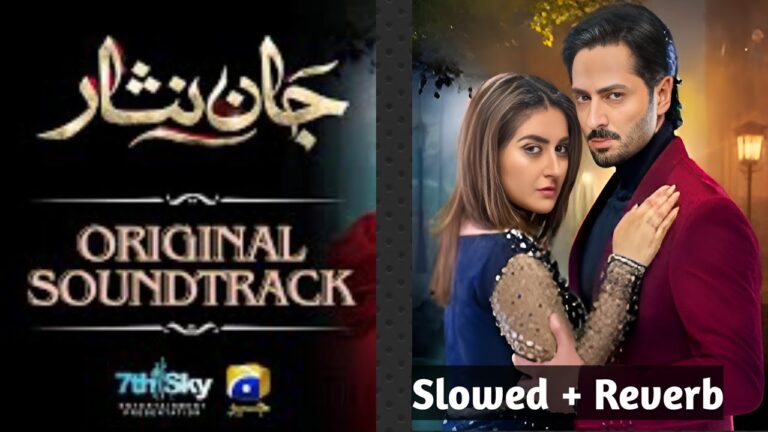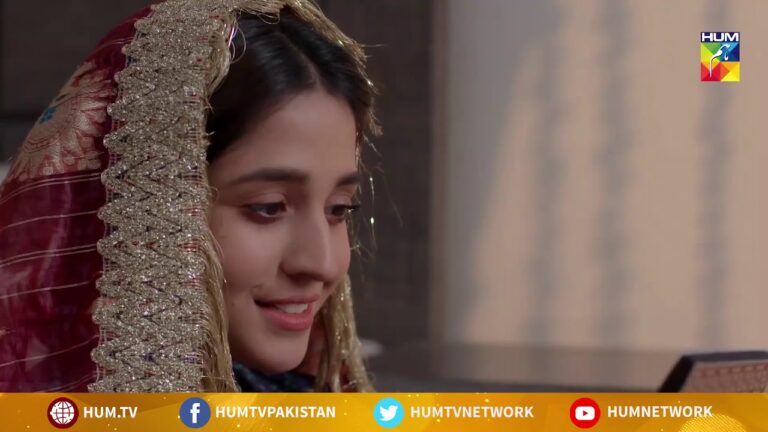Rengarenk Drama Review: Rengarenk (meaning “Colorful” in Turkish) is a Turkish drama that aired in two distinct versions: the original 1992 series and the 2013 reimagining titled “Tatar Ramazan: Ben Bu Oyunu Bozarım” (This Game I Will Spoil). This review explores both versions, delving into their plots, characters, enduring themes, and the series’ overall legacy.
The Original Rengarenk (1992):
This version paints a nostalgic picture of 1970s Istanbul. It follows the lives of a group of friends striving for their dreams amidst the backdrop of social and economic changes sweeping through Turkey. The narrative focuses on Ali, a talented musician yearning for success, and his friends who face their own challenges: love, career struggles, and navigating a rapidly changing world.
Tatar Ramazan: Ben Bu Oyunu Bozarım (2013):
This reimagining takes a darker turn. Ramazan, a key character from the original series, takes center stage. The narrative explores his life before prison, his passionate love for Süreyya, and the events that lead to his wrongful conviction for murder. The series portrays the harsh realities of prison life and Ramazan’s unwavering pursuit of justice.
Character Analysis (Original Rengarenk):
- Ali: The aspiring musician facing struggles on his path to success. His journey reflects the aspirations and challenges of the youth during that era.
- Supporting Cast: Ali’s friends represent a diverse group with dreams of their own. Their stories showcase the complexities of love, friendship, and navigating societal pressures.
Character Analysis (2013 Version):
- Ramazan: A complex protagonist. His fight for justice and his unwavering love for Süreyya drive the emotional core of the narrative.
- Süreyya: Ramazan’s love interest. Although the series doesn’t delve deeply into her character, her presence becomes a symbol of the life he has lost.
- Supporting Cast: The series introduces a wider cast, including Ramazan’s loyal friends who support him on the outside and fellow inmates who become his confidantes in prison.
Themes (Original Rengarenk):
- Following Your Dreams: The series explores the challenges and sacrifices young people face in pursuit of their passions in a rapidly changing society.
- Friendship and Loyalty: The bond between Ali and his friends serves as a central theme, highlighting the importance of support in achieving dreams and overcoming hardships.
- Social Commentary: The series subtly reflects the social and economic changes occurring in Turkey during the 1970s.
Themes (2013 Version):
- Justice and Injustice: Ramazan’s wrongful conviction and his fight to clear his name become a central theme, highlighting the flaws of the justice system.
- Loss and Hope: The series explores the emotional toll of imprisonment and the characters’ struggles to maintain hope in the face of adversity.
- Forbidden Love: Ramazan’s love for Süreyya adds a layer of depth and emotional resonance to the narrative.
Impact and Legacy:
The original Rengarenk resonated with audiences due to its nostalgic portrayal of a bygone era, its relatable characters, and its exploration of universal themes of friendship, love, and following your dreams. “Tatar Ramazan: Ben Bu Oyunu Bozarım” garnered acclaim for its darker tone, its exploration of social issues, and the compelling performance of the lead actor.
Considering the Versions:
- Original Rengarenk: Offers a nostalgic and heartwarming story about friendship, dreams, and navigating a changing society.
- 2013 Version: Provides a more intense and suspenseful drama with a focus on themes of injustice, hope, and forbidden love.
Possible Critique
While both versions offer unique perspectives, some aspects might not appeal to everyone. The original Rengarenk might feel dated for some viewers, and the 2013 version might be seen as overly dramatic or lacking in character development for supporting characters.
Conclusion
Rengarenk, in both its incarnations, offers a glimpse into Turkish society at different points in time. The original series evokes nostalgia with its lighthearted portrayal of youth and aspirations, while the 2013 version delves into darker themes of injustice and resilience. Ultimately, both versions offer a compelling blend of drama, social commentary, and timeless themes that resonate with viewers.










+ There are no comments
Add yours